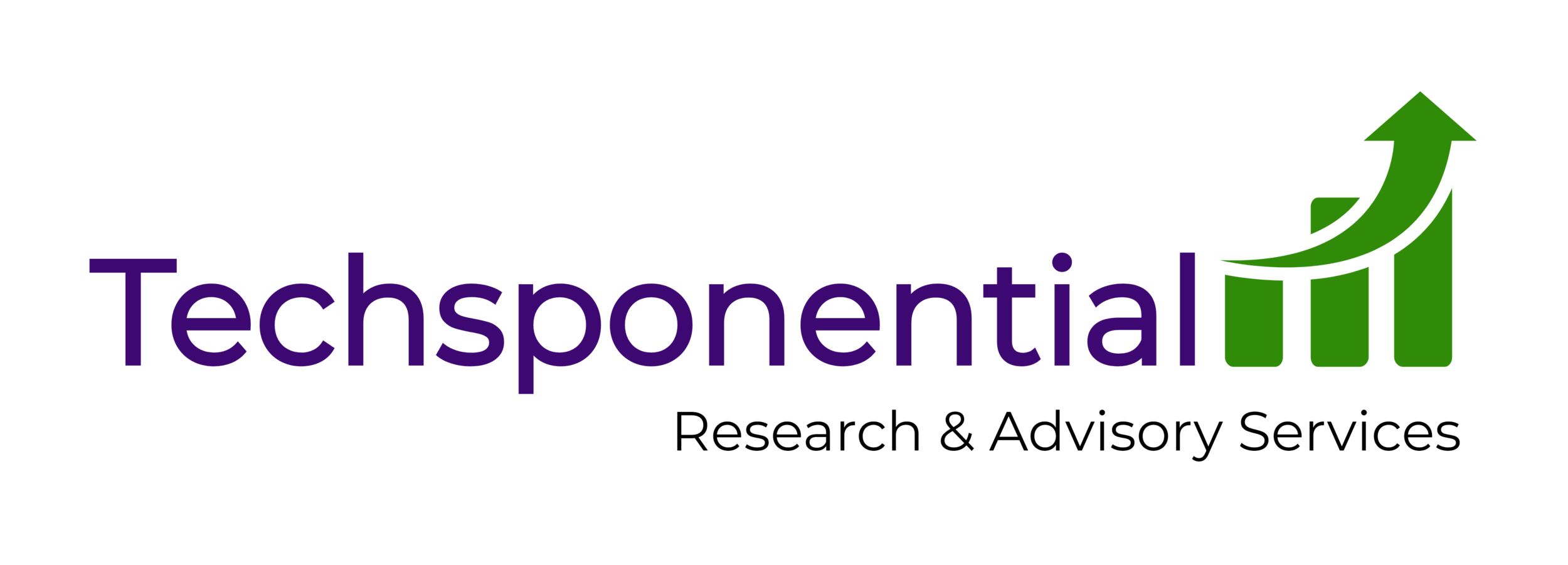Super Bowl LIX (2025) Tech Ad Winners and Losers
Even before the fragmentation of the media landscape that left the Super Bowl as the last non-political monocultural event, the game has long been a prime venue for tech advertising. Apple’s Super Bowl ad launched the Mac in contrast with IBM back in 1984, tech absolutely saturated the game during the dot com bubble — I still have my Pets.com sock puppet — and then returned to a balance of tech, beer, cars, advocacy, and food.
Techsponential routinely advises clients on marketing strategy, and while I have never directly commissioned a Super Bowl ad, we have discussed them in advisory sessions. With that in mind, here are the best and worst tech ads from this year’s game. There were some great spots! And then there were spots about literal spots (I'm talking to you, OpenAI). Winners include Google, T-Mobile, and Meta, while losers may have raised their visibility somewhat, but at a staggering cost. The price of 30 seconds of air time reached $8 million, though it could be more or less depending on various factors, plus agency, production, and (often) celebrity appearance fees. In some years, it pays to be late: last year’s game went into overtime. This year, the game was effectively over by halftime, and viewership likely dropped off for ads in the fourth quarter.
AI
Google's 60 second Pixel/Gemini ad did a terrific job showing how to use AI effectively, featuring a father using his Pixel to practice for an interview, and then deepening the impact as the ad gets strongly emotional. On its own, the spot might not sell enough Pixels to justify $16+ million in ad spend, but it should sell Gemini Advanced subscriptions across devices, demystifies and humanizes AI, and promotes Google's brand/AI investments/stock price. I was impressed. [Link to Pixel ad on YouTube]
Google also ran ads for AI in its Workspace suite; I found the print ads in The Wall Street Journal, where individual small businesses were highlighted, more effective than the TV version.
In contrast, OpenAI's ad took the challenge of explaining its value proposition by punting (if you’ll forgive the football pun) and going literally abstract with dots. It didn't make the case for paying for ChatGPT or make much of an impression about the brand. [Link to OpenAI ad on YouTube]
Wireless
T-Mobile's Starlink ad was bombastic in tone -- no surprise -- but the message (messaging via satellite, free through July, then paid, or free on T-Mobile's top plans) was substantive and exciting, especially if you didn't know that T-Mobile and SpaceX have been working on this since 2022. The kicker: T-Mobile makes it clear that it will offer this service to AT&T and Verizon subscribers as sort of a pre-switch offer. [Link to T-Mobile ad on YouTube]
Verizon is the NFL's official wireless carrier and advertises heavily during the regular season, but Verizon didn't take advantage of that at the league's biggest game. I would love to see an ad that shows just how literally the NFL really does run on Verizon, with everything from the coach headsets and instant-5G networks brought to stadiums overseas, and then a call to action to let Verizon help keep your business connected, too. Verizon obviously needs to keep its marketing spend sane, but this still feels like a missed opportunity.
Smart Glasses
Meta's Ray-Ban Smart Glasses ads were silly, but getting A-list celebs to goof around wearing your product and showing off photo and AI use cases should be effective. It helps that the product actually does what's depicted in the ad. [Link to Meta ad on YouTube]
Web Hosting
GoDaddy's straightforward ad thankfully left the brand's shock-value past behind it and may have helped move the registry business more towards e-commerce -- assuming anyone remembers the ad (something about selling smartglasses online). Timing hurt this one, appearing late in the game well after the Eagles defense thoroughly dominated the football portion of the evening.
I was even less impressed with Squarespace's overly conceptual ad. It was purposely anachronistic in content (an homage to The Banshees of Inisherin where a magic Barry Keoghan throws laptops to medieval artisans), but also in practice: does anyone in 2025 not know that businesses need websites? [Link to SquareSpace’s ad on YouTube]
Streaming Content
Disney+ showed its content and asked you to imagine NOT having its content. After raising its prices, this seems like a great idea. [Link to Disney+ ad on YouTube]
Tubi's pair of ads were incredibly creepy and make me want to avoid the service even though it's free. (I'm not going to link the ads here. You're welcome.)
Best Non-Tech Ad
Finally, my favorite non-tech ad was from Nike. Like all of its best marketing, this promotes Nike's brand image, not a specific product; expands the market for its products; and introduces an inspirational slogan. So Win.

